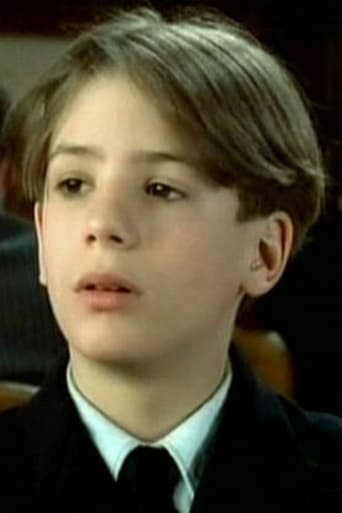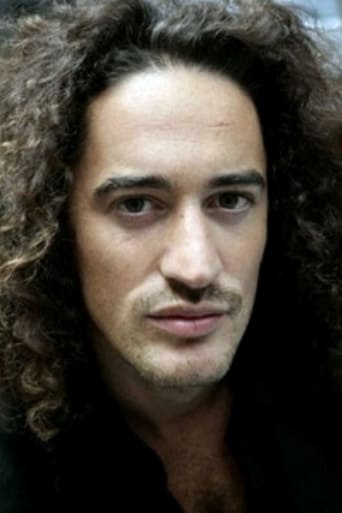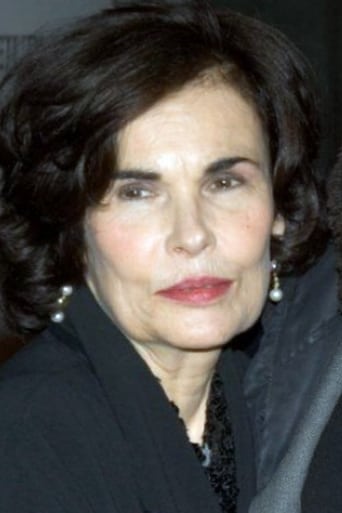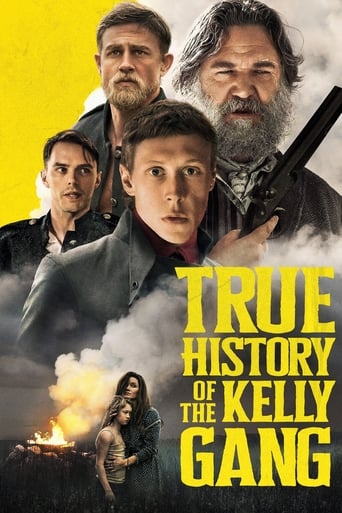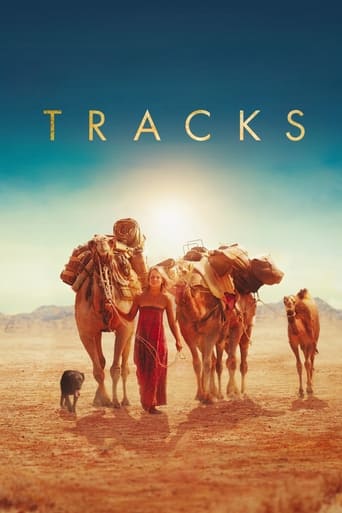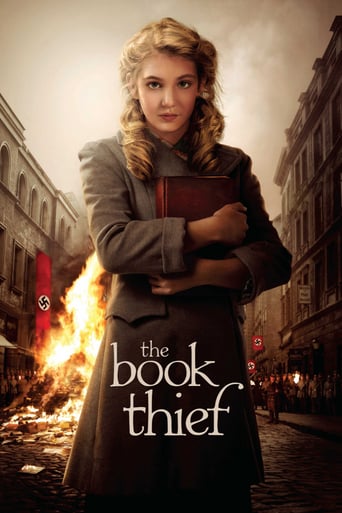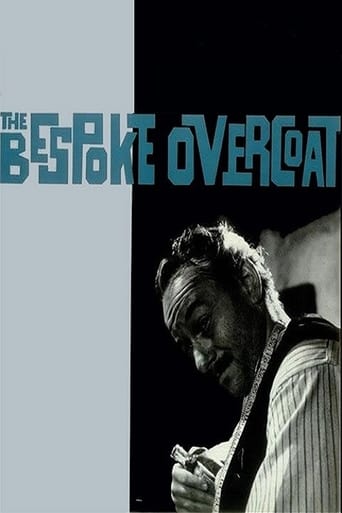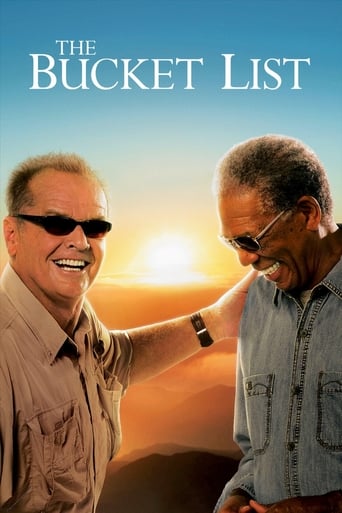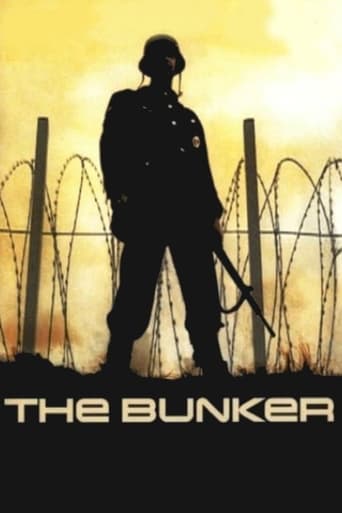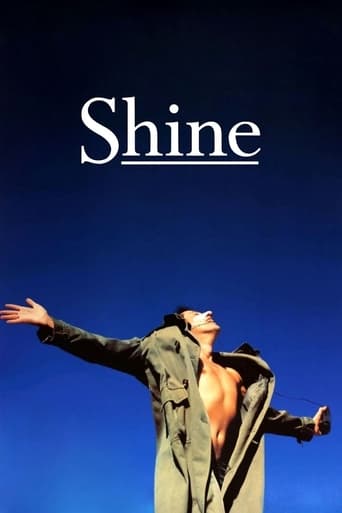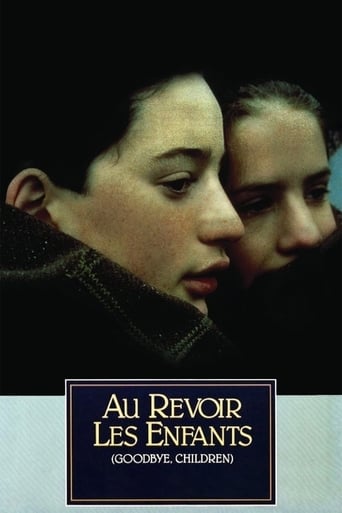
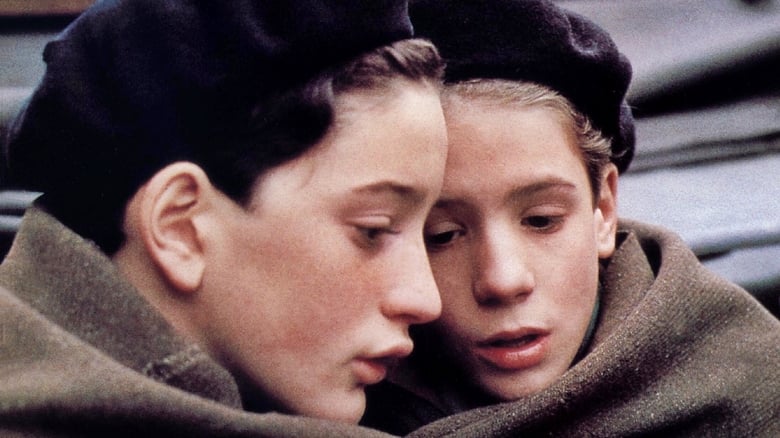
Au Revoir les Enfants (1987)
Au revoir les enfants tells a heartbreaking story of friendship and devastating loss concerning two boys living in Nazi-occupied France. At a provincial Catholic boarding school, the precocious youths enjoy true camaraderie—until a secret is revealed. Based on events from writer-director Malle’s own childhood, the film is a subtle, precisely observed tale of courage, cowardice, and tragic awakening.
Watch Trailer
Cast


Similar titles
Reviews
Upon the first viewing of Au revoir les enfants, we are as engrossed into the mystery of Jean Bonnet as the young Julien Quentin is. And on a second viewing, the little clues become a great deal clearer, and we are able to piece together the puzzle a little quicker than the inquisitive young boy. But of course the modern older viewer has the frame of context and knowledge that Julien does not have - he knows the telltale signs of a Jew, but cannot figure out why they are hunted and persecuted so diligently, when all he sees is one of his close friends. And so the entire film is tinged in regret; even as Jean reminds him that he would have been caught anyway, we feel the chain of events that lead to that monumental morning being so painful to remember, and that one fatal glance that led to a death on his hand. Louis Malle works with his memories and experiences, and here he has crafted a group of young schoolboys so reminiscent and convincing. He has captured that remarkable knack and ability of young boys to be able to hastily create relationships out of nothing, sever them, and hastily mend them all over. They pipe up at any opportunity to make a joke on someone else's behalf, and take playful violence to the limit, and are all friendly the next day. And any child would remember cheering whenever they got a break from school-work - here it is within the grim context of air raids, but they cheer anyway, and when the teacher starts a prayer, they all instinctively join in. Why this succeeds is that Malle does not overdo the World War 2 setting; these boys certainly do not take the war so seriously, so he takes on that viewpoint. They playact as knights on stilts and knock each other over as real soldiers fight, but it might as well be another day for them. They trade books with dirty stories in them, and cackle at a rare viewing of Chaplin. When a German soldier stands up to a French collaborator in the restaurant and the whole establishment rallies around an elderly Jewish customer, there is an sinister undercurrent about it, but this is viewed through the innocent lens of Julien, who seems to know that what is happening is bad, and instinctively covers for his Jewish friend, but does not understand why being Jewish is bad thing. He is at the centre of the narrative, at the tender age where he is still a mummy's boy, but like many blossoming teenagers puts on a braver, cooler front: indeed his first lines to Jean are a thinly veiled threat to not mess with him. He has little moments of cheekiness and intelligence, bartering his mother's jam and pretending to drown in the bathtub to avoid the wrath of taking too long. And there is a subplot of his uncertainty around his future aspirations that links towards the courageous actions of the priest Père Jean; mentors whisper that he does not quite have the calling of priesthood, and his mother coddles and suggests taking on the same occupation as his father in engineering, and in the same vein his piano playing is not quite up to scratch, so he is recommended taking up violin. But he does have those same qualities as Père Jean anyway. A bitter Joseph mocks him for being so pious and generous when it is war and it is every man for himself - "They're just Jews," he spits outs. But it is the rejection of this statement by Julien that rings so true and brave - it is in those small acts of defiance, and those brief friendships that shine brightly in the darkness of the Holocaust, that our humanity remains.
Au Revoir Les Enfants- France 1987This is #4 on the list.This movie, is heartbreakingly true. It's sad, and the whole spectrum is sad.Saying that, and knowing I have empathy towards all those affected by the holocaust and how tragic it was. But this movie was not at all what I thought it would be. Coming in expecting a heart-tear-wrenching movie that would make me sad, happy, and emotional. But besides the idea of this being a true story, no, It did nothing for me. The directing was cliché for this type of movie, but I was expecting that. But I had no idea that the film would be so, so, out of the ordinary in character development as well as plot movement. The characters don't do much "developing" till half way till the movie is over. Hell, the two main characters who are supposed to be friend, don't even become apprentices till late in the movie.There is not much to say about the movie and the production efforts because they were predictable. But the story, could've been told so much better. Maybe I am just that really awful and cruel guy who can't appreciate the movie for what it is because I thought the story should've been more dramatized but hey, I'm a child of the 21st century. Don't get me wrong, I don't hate it, but I can't say I relatively "Liked" it.SilverRating: 5/10
I have been able to recall many titles featuring in the book 1001 Movies You Must See Before You Die, and this French film is one of those that I remember and was certainly looking forward to watching, from BAFTA winning director Louis Malle (Atlantic City). Basically, set during World War II, and term is beginning at a Catholic school run by priests, and upper class boy Julien Quentin (Gaspard Manesse) and his brother François (Stanislas Carré De Malberg) are attending after being on vacation, and Julien reestablishes himself as the leader of the fellow students. The school sees a new student arriving, Jean Bonnet (Raphael Fejtö), who instantly becomes a victim to bullying by the other boys, and of course Julien does not like him for a while. As time goes by though Jean does become much more part of the gang and accepted, and he gains a friend in the leader, Julien even finds out Jean is Jewish and hiding out from the Nazis. There are a few other things happening while the boys attend their lessons and hang out together, such as assistant cook Joseph (François Négret) caught selling food on the black market. The big point come though when Nazis are searching the school, aware that there may be Jewish students hiding out, and in the end Jean and three others are caught and taken away, leaving Julien devastated. Also starring Francine Racette as Mme Quentin, Philippe Morier-Genoud as Father Jean, François Berléand as Father Michel and Peter Fitz as Muller. The cast of young actors all do pretty well, I will admit I did not understand everything going on, but it is an interesting enough story and concept from what I did follow, especially as it is semi-autobiographical based on the past of the director, I suppose it is a Second World War drama to see. It was nominated the Oscar for Best Foreign Language Film and Best Writing, Screenplay Written Directly for the Screen, it was nominated the BAFTAs for Best Film, Best Film not in the English Language and Best Original Screenplay, and it was nominated the Golden Globe for Best Foreign Language Film. Good!
Despite being made in the late 1980s, this film watches very well today and is set to be a timeless classic.The production values are fair and the scripting becomes a little plain at times, though the unfolding of a friendship in a boarding school environment is sublime, highly character driven and commands your undivided attention.But more than that - this film captures an era where ordinary life was turned on its head in the shadow of German occupation. Being neither a war or holocaust film, it delves into the plight of young Jews and those of a different faith that put themselves at risk to try and save them from the Nazis.The closing 20-30 minutes of the film is remarkably moving, yet remains wholesome and understated. European cinema at its best is something to behold, providing a strong reflection on the "human" character and delivering spellbinding, raw emotional depth while maintaining story line simplicity. Au Revior Les Enfants is truly a brilliant film.


